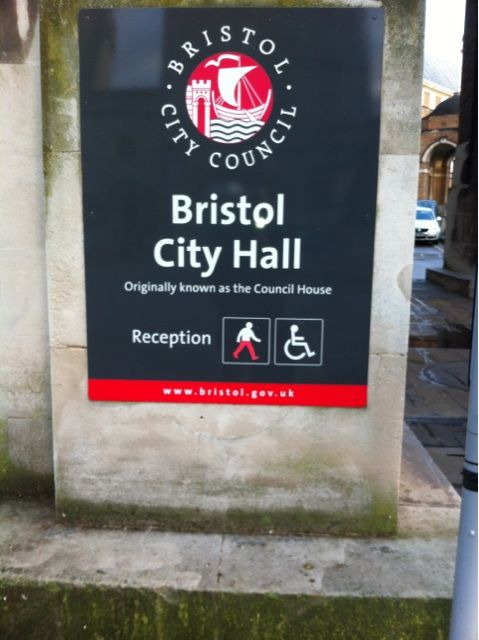Dear Mr Williams
Subject: Draft Communications Data Bill
I am writing to you express my concerns about the draft Communications Data Bill, also known popularly as the Snooper’s Charter, and how I regard it as harmful to the interests of the UK population in general. I understand that the joint Lords and Commons Parliamentary Committee examining the draft Bill will be reporting shortly.
At this point I wish to point out that I’m also the Company Secretary of Bristol Wireless, a community co-operative that functions as a small ISP (which resells bandwidth to clients who are our network) and telecommunications provider (supplying VoIP telephony services) which is based in Bedminster. I have already written to Bristol Wireless’ constituency MP, Dawn Primarolo, to make her aware of the concerns of the co-operative.
The draft Communications Data Bill raises significant issues connected with human rights, privacy, security and the nature of the society in which we wish to live. These issues are raised by the draft Bill’s fundamental approach, not its detail. Addressing them would, in our opinion, require such a significant re-drafting of the bill that the better approach would be to withdraw the bill in its entirety and rethink the way that internet security and monitoring are addressed.
According to Liberty, the draft Bill will turn a nation of 60 mn. citizens into a nation of 60 mn. suspects. It won’t matter if citizens have never got so much as a speeding fine, personal information about them will be stored just in case it may prove useful one day. Put in another way, would you – as an upright, law-abiding citizen – be happy if the police popped by tomorrow to install a CCTV camera in your living room just in case they one day suspect you have committed a crime? Crime prevention arguments must not unquestionably trump the privacy of law-abiding citizens.
The general public has been misled by the government and the mainstream media as to the purpose of the draft Bill. It is not about tackling serious crime, paedophilia or terrorism. Access to communications data is granted to local authorities and hundreds of other public bodies for a wide range of purposes that have nothing to do with crime fighting.
The Government assumes too much in assuming it has an automatic right to keep track of all of citizens’ electronic communications with each other: what we’re looking at online and who we’re emailing, talking to on Skype or texting. It doesn’t. If this is HMG’s logic, why does it not demand that we all report to it every day, telling them who we’ve met for lunch?
Stockpiling large amounts of data indiscriminately simply amounts to blanket surveillance. Experience shows that amassing large databases of personal information inevitably leads to discrimination. The retention process lends itself to the great temptation of “data mining” – fishing expeditions based on clumsy stereotypes rather than reasonable suspicion of individual wrongdoing. In addition, there are already problems with unauthorised access to sensitive information with existing systems such as the Police National Computer DVLA database and local authority and health records. These problems would be multiplied many times over with the amounts of stored data envisaged by the draft Bill.
Furthermore, any increase in the level of surveillance would inevitably result in an increased use of encryption (and other circumvention techniques too) by ordinary internet users, thus rendering the surveillance useless, unless public sector technicians are skilled in the art of cracking encryption. Moreover, those alleged terrorists and organised criminals – if they are using the internet at all for their nefarious activities – are probably already using encryption and other security measures to obfuscate their activities.
Finally, I’d point out that given the technology that’s likely to be needed, the Government may well end up building the technical infrastructure to intercept all our communications.
I would be happy to discuss these matters in further detail with you should you so wish. In addition, there is plenty of other information available via the Open Rights Group website (http://www.openrightsgroup.org).
Yours, etc.

 It’s not very often I agree with a Tory – and even less often that I agree with an elected Tory MP – but Bristol North West MP
It’s not very often I agree with a Tory – and even less often that I agree with an elected Tory MP – but Bristol North West MP 



